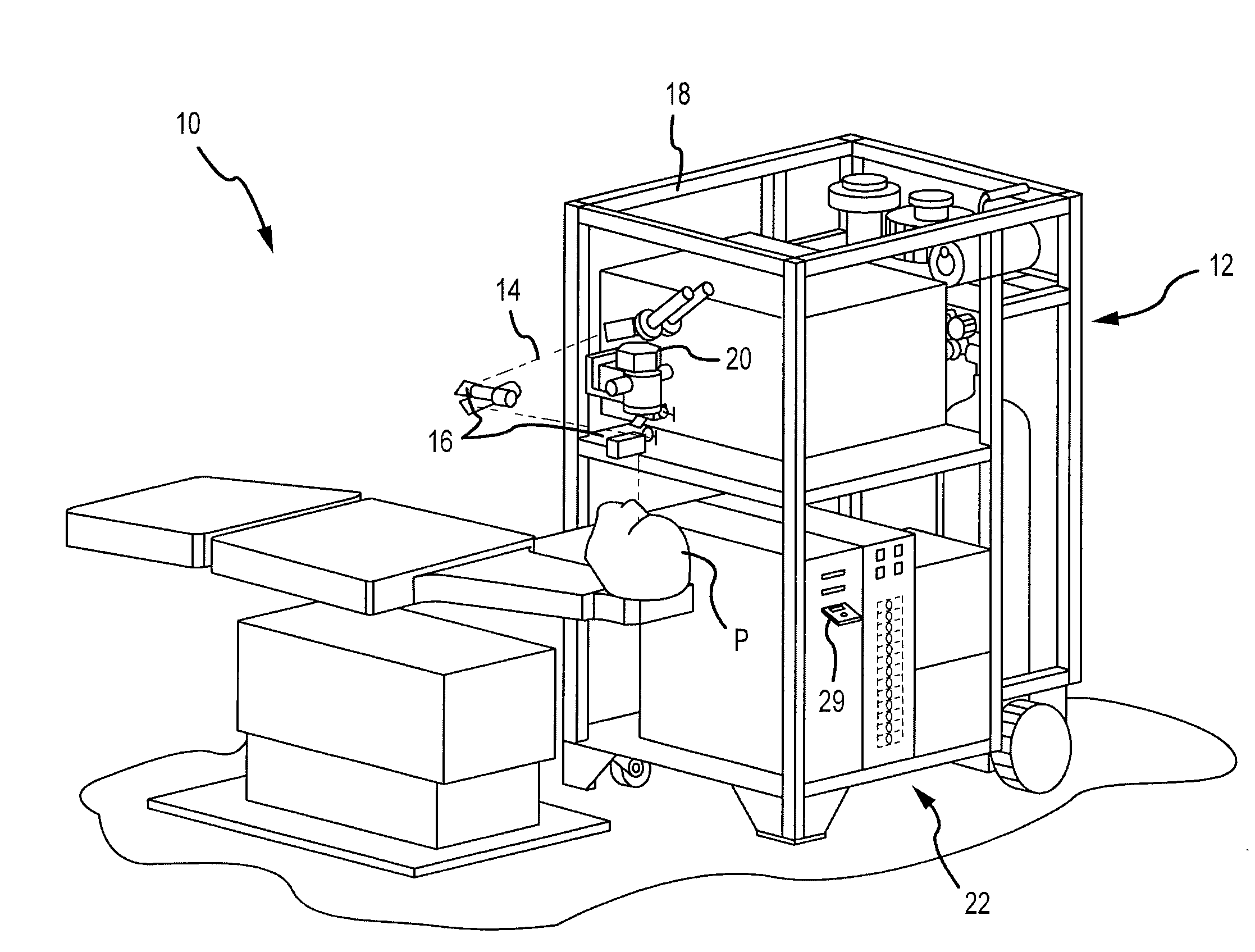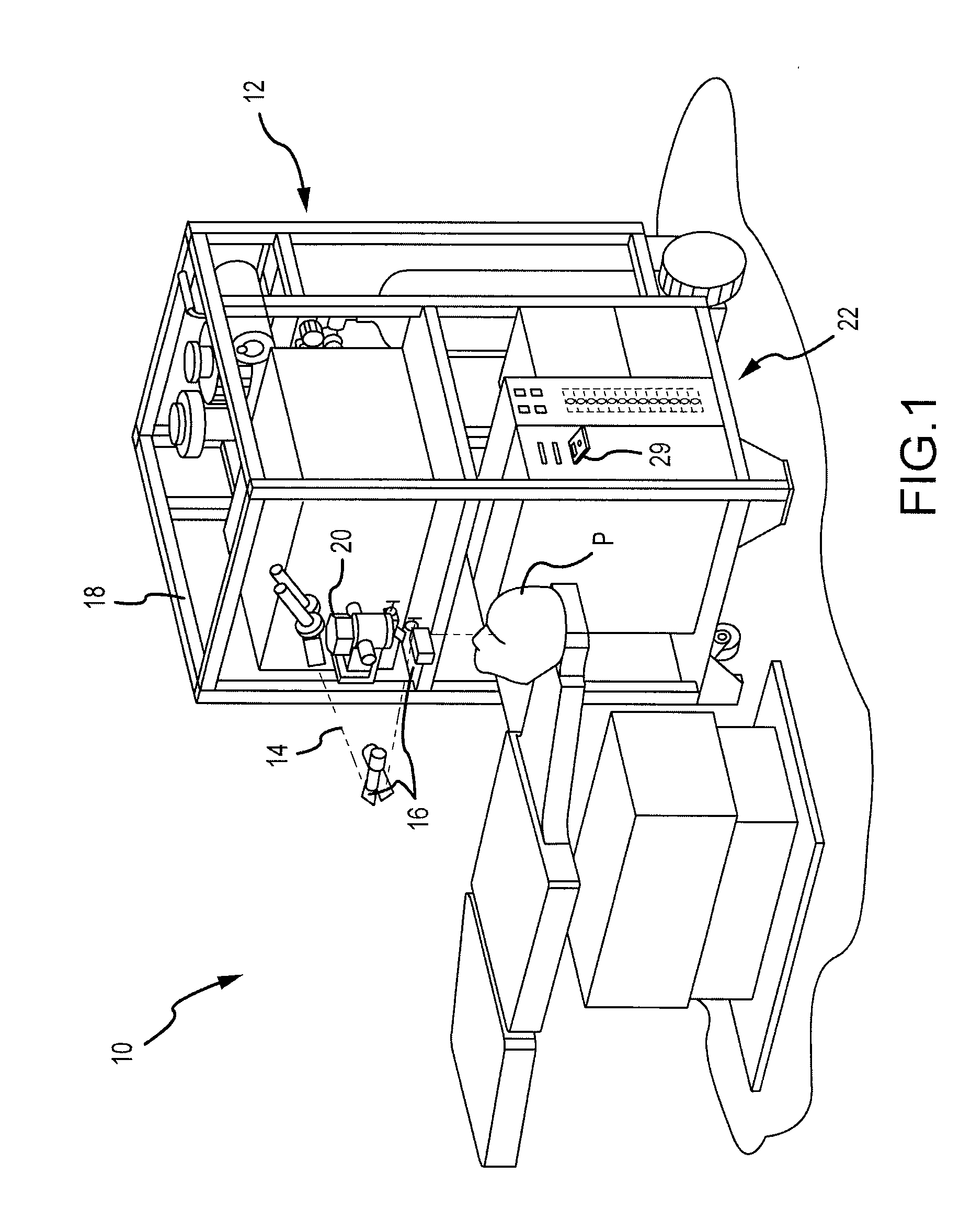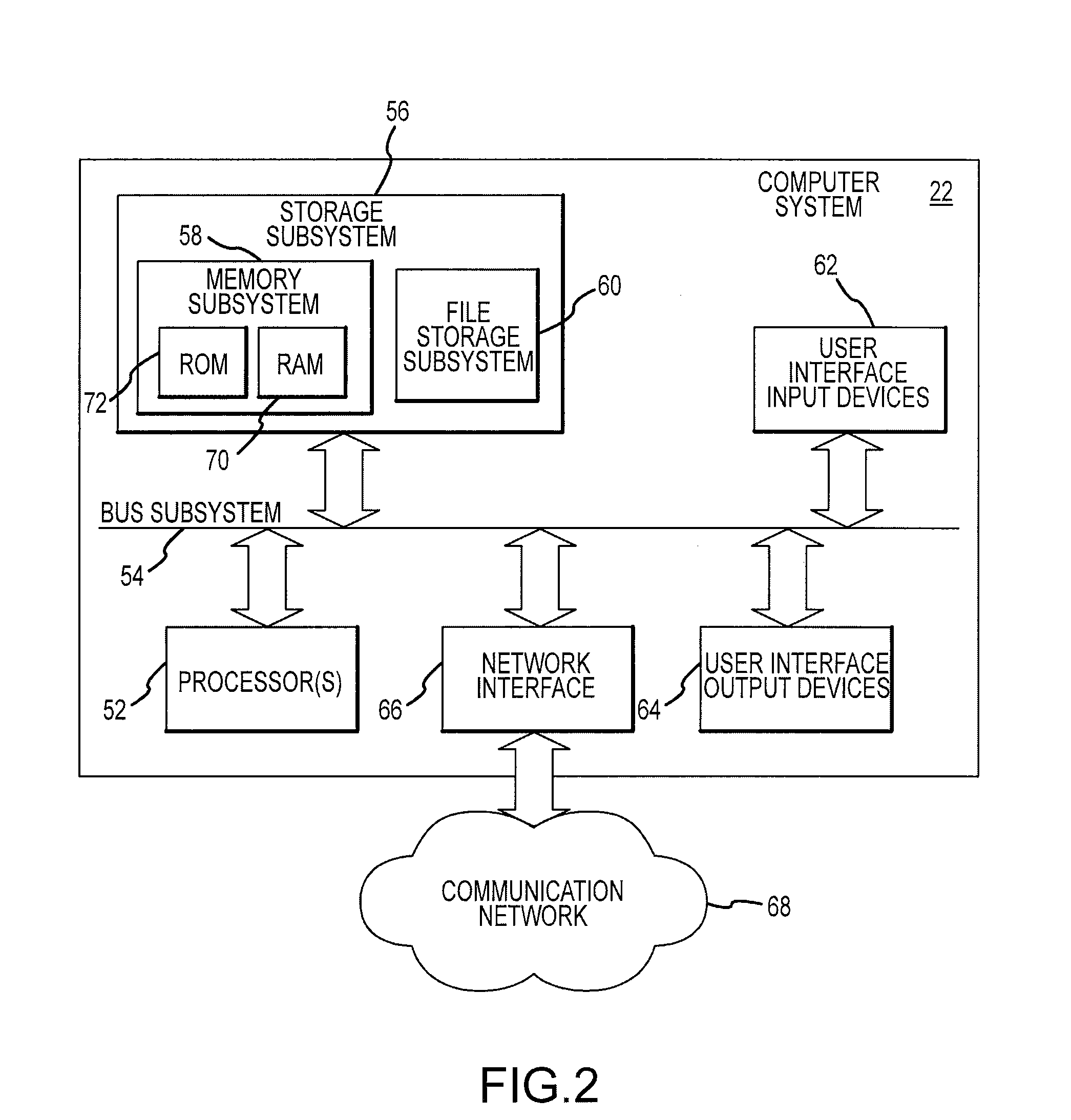Combined wavefront and topography systems and methods
a topography and wavefront technology, applied in laser surgery, medical science, surgery, etc., can solve the problems of not adequately accounting for transverse ray movement from the measurement location, and traditional approaches that do not adequately account for transverse ray movement, so as to achieve the effect of convenient implementation
- Summary
- Abstract
- Description
- Claims
- Application Information
AI Technical Summary
Benefits of technology
Problems solved by technology
Method used
Image
Examples
Embodiment Construction
[0029]Embodiments of the present invention can be readily adapted for use with existing laser systems, wavefront measurement systems, and other optical measurement devices. Although systems, software, and method embodiments of the present invention are described primarily in the context of a laser eye surgery system, it should be understood the present invention may be adapted for use in alternative eye treatment procedures, systems, or modalities, such as spectacle lenses, intraocular lenses, accommodating IOLs, contact lenses, corneal ring implants, collagenous corneal tissue thermal remodeling, corneal inlays, corneal onlays, other corneal implants or grafts, and the like. Relatedly, systems, software, and methods according to embodiments of the present invention are well suited for customizing any of these treatment modalities to a specific patient. Thus, for example, embodiments encompass custom intraocular lenses, custom contact lenses, custom corneal implants, and the like, w...
PUM
 Login to View More
Login to View More Abstract
Description
Claims
Application Information
 Login to View More
Login to View More - R&D
- Intellectual Property
- Life Sciences
- Materials
- Tech Scout
- Unparalleled Data Quality
- Higher Quality Content
- 60% Fewer Hallucinations
Browse by: Latest US Patents, China's latest patents, Technical Efficacy Thesaurus, Application Domain, Technology Topic, Popular Technical Reports.
© 2025 PatSnap. All rights reserved.Legal|Privacy policy|Modern Slavery Act Transparency Statement|Sitemap|About US| Contact US: help@patsnap.com



